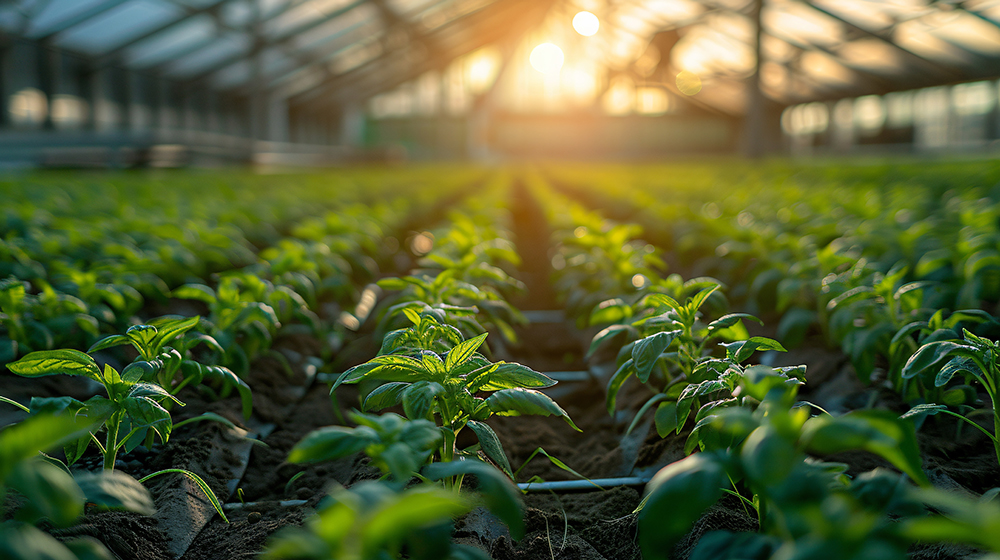Sustainable crop production is generally understood as the obtaining of vegetable products, either directly eatable or not, minimising the impact of their cultivation on the environment and on the limited natural resources used for it, protecting the crop using as much as possible biological and cultural means.
In this regard, the European Commission states sustainable food production is at the heart of the European Green Deal and to be successful must reach three main goals in the near future: economic sustainability, environmental sustainability and the social sustainability of farms.
Agricultural sustainability, as defended by the UNIgreen Alliance, pursues European Agriculture and Forestry competitiveness and then have to consider the economic sustainability of the farms and of the profits of the producers contributing to fight against Europe rural areas depopulation trends and the ecological balance of the whole agricultural ecosystem.
Sustainable Crop Production in Europe could undoubtedly impact the following United Nations’ Sustainable Development Goals: End of poverty (SDG1), Zero hunger (SDG2), Responsible Consumption and Production (SDG12), Climate Actions (SDG13) to maintain biodiversity in Terrestrial Ecosystems (SDG15) all of them through an Education of Quality (SDG4) centred in Sustainable Crop Production keeping Decent jobs and Sustainable Economic Growth (SDG8) in Sustainable Cities and Communities (SDG11).
Research Topics
- Sustainable Crop Production
- Greenhouse horticulture
- Supplemental lighting
- Greenhouse CO2 enrichment
- Organic Cultivation
- Circular Economy
- Biocontrol
- Food safety and security
- Climate change
- Environmental quality assessment
- Biotechnology of Natural Products
- Microbiome
- Land use and Agricultural practices
- Biochar
- Soil functions and ecosystem services
- Digitalisation of Agriculture
- Precision Farming
- Artificial Intelligence
- Modelling
- Tillage and Crop rotation
- Soil health
JRC 2 Coordinator : Julián Cuevas (University of Almería).

